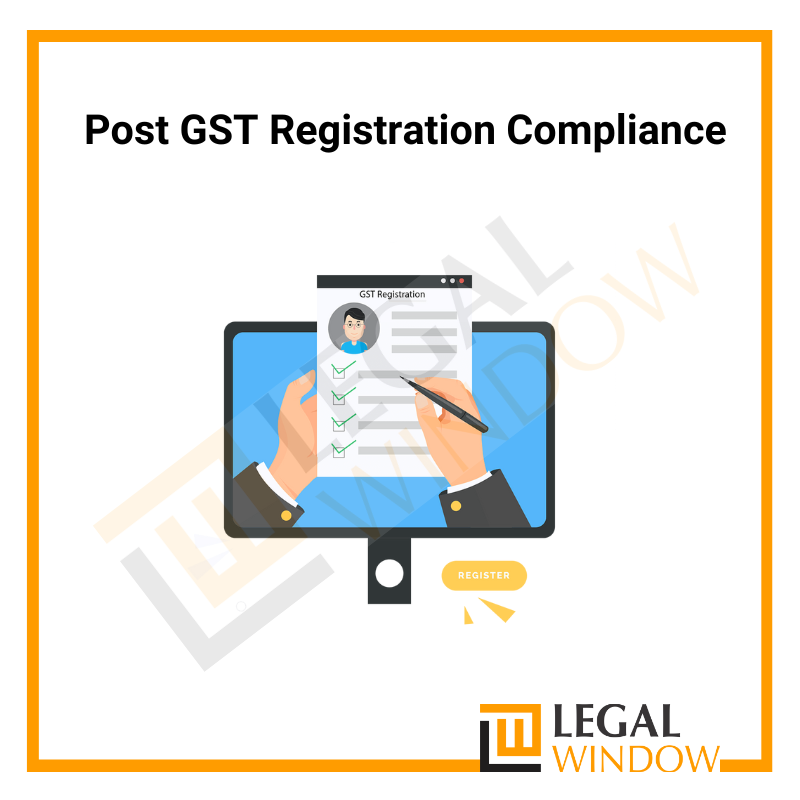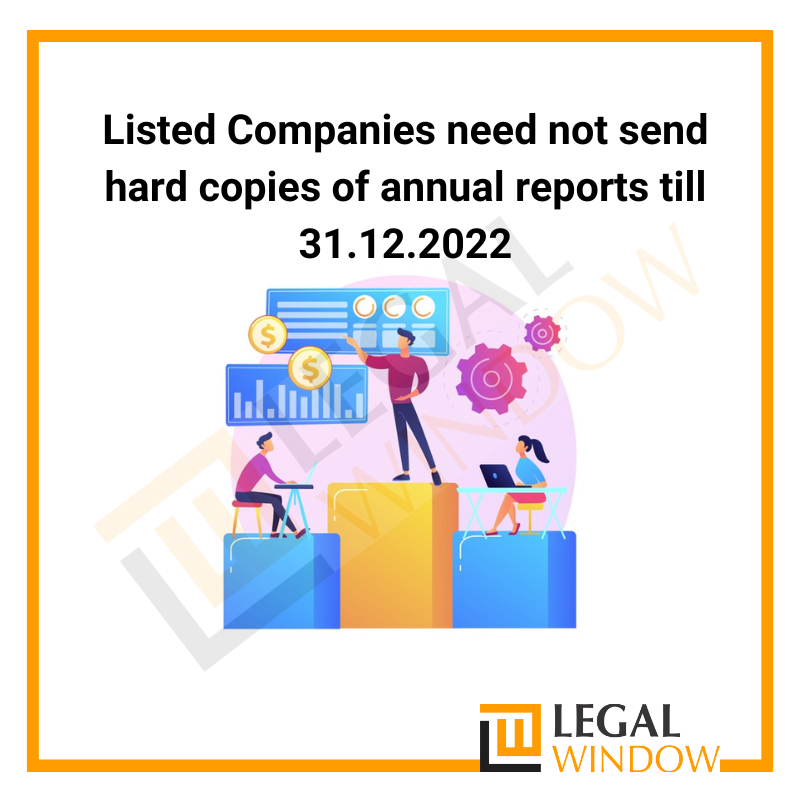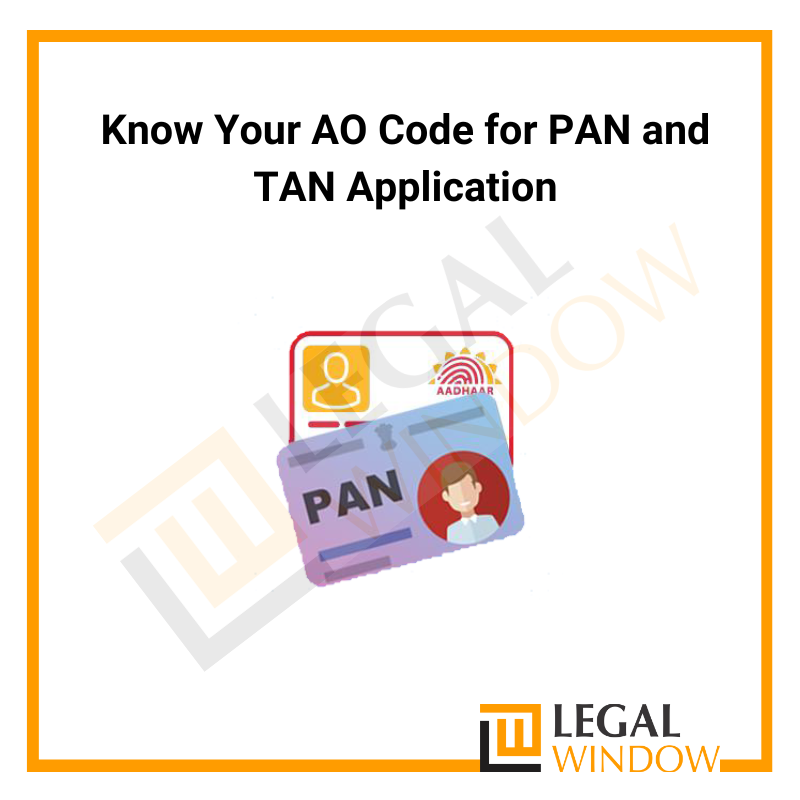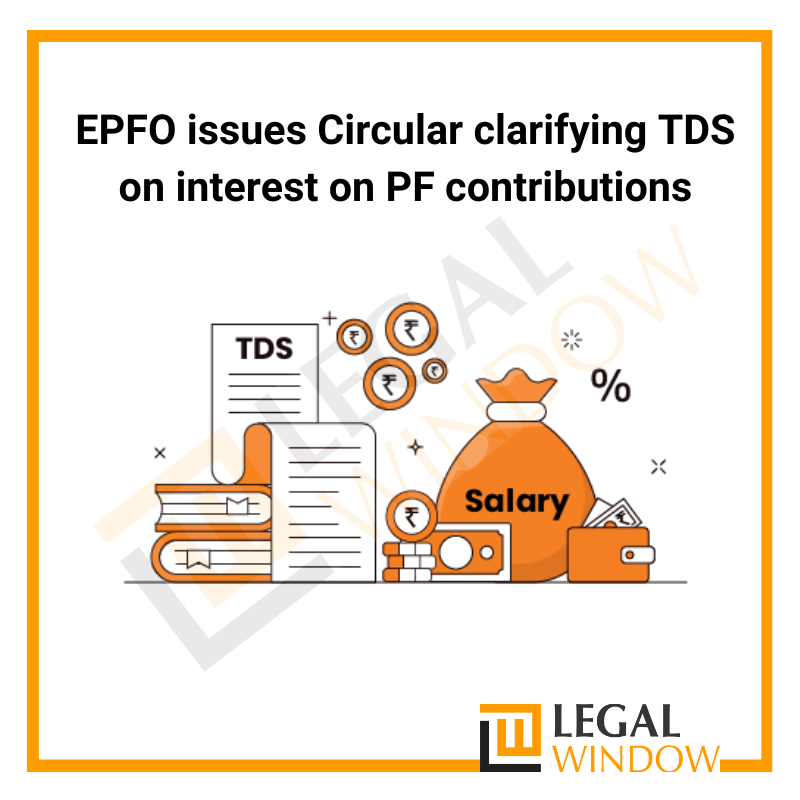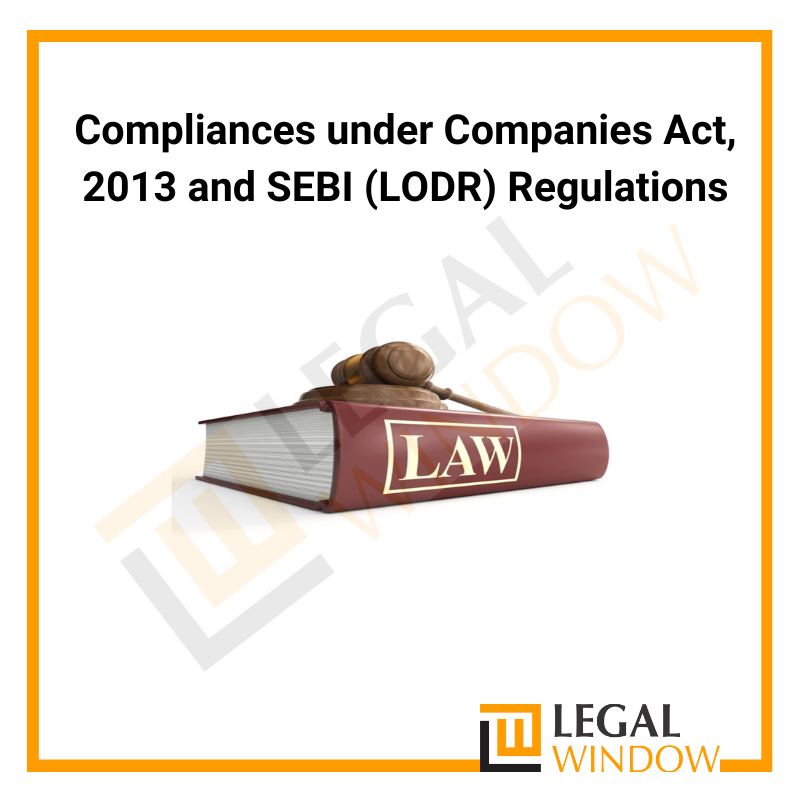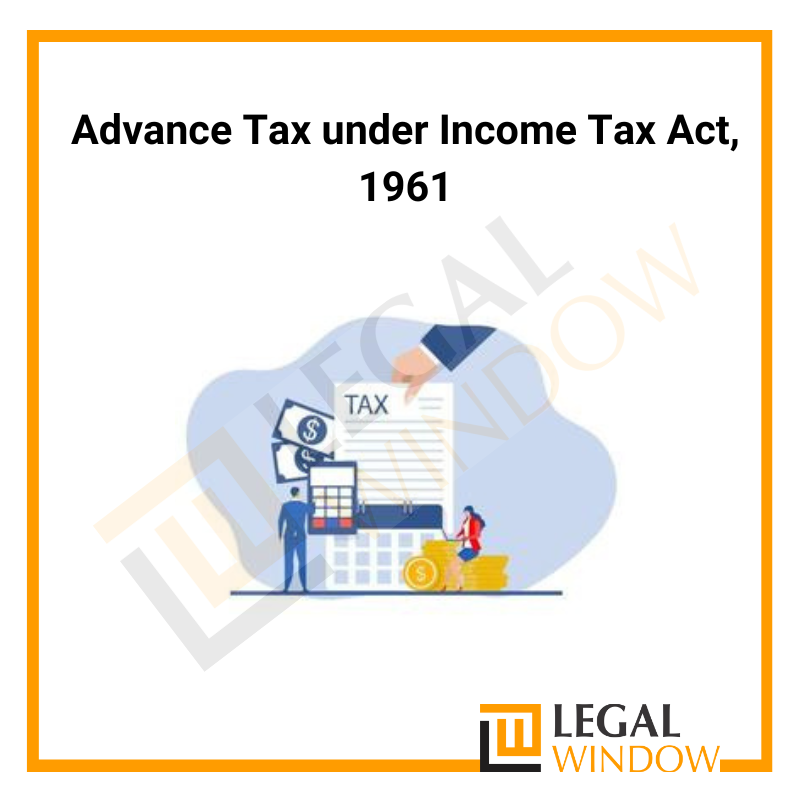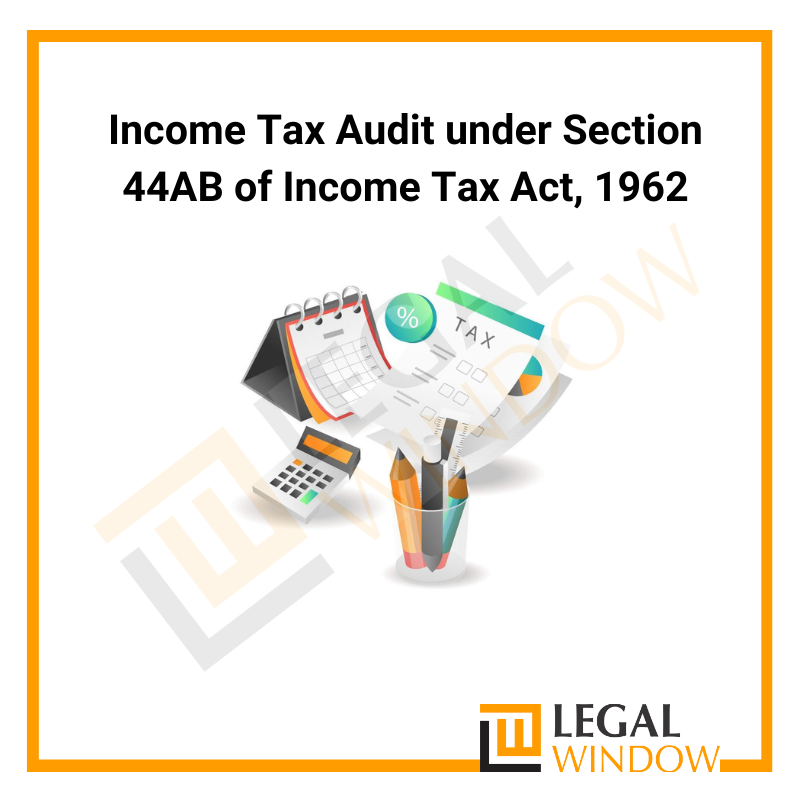Latest Post and Updates

The implementation of the new GST tax system has resulted in significant tax reform in the country. The new system combines several state and central taxes into a single, fungible tax. This much-needed change improved transparency and reduced administrative burdens in the tax collecting structure. Since its inception, the new…
The Ministry of Corporate Affairs (MCA) has approved the holding of the Annual General Meeting (AGM) in electronic mode until 31 December 2022. This relaxation includes the freedom to send hard copies of annual reports. But the question arises as to whether the listed organizations are exempt from sending hard…
When someone applies for a new PAN Card, they must input an AO code in one section of the application. It is requested at the very top of the Pan Application form. The AO Code is made up of four parts: Area Code, AO Type, Range Code, and AO Number.…
Striking off a company name is another way to shut down a company's operations. The Registrar of Companies (‘ROC’) may issue a notice to strike off a company in the Companies Register for certain reasons. The Company may also apply for the ROC to strike off its name from the…
Section 110 of the Indian Companies Act, 2013 contains the provisions of the 'postal ballot', Section 109 of the Indian Companies Act, 2013 contains the provisions of 'Demand for poll', and Section 108 of the Indian Companies Act, 2013 contains the provisions of 'Voting by Electronic means'. This article provides…
The Employees' Provident Fund Organization (EPFO) is a statutory agency established by the Indian government. As the largest social security institution in the country, it primarily encourages individuals to save for retirement, among other things. EPFO was created in 1951 and is managed by the Ministry of Labour and Employment.…
Are you concerned about compliances or want to learn more about what compliances under the Companies Act, 2013 and SEBI (LODR) Regulations are? This article will mostly cover compliance with the Companies Act, 2013, as well as the SEBI (LODR) Regulations. Compliance is defined as the ability to comply with directions, regulations,…
Every Indian citizen is required to pay tax if their income falls within the Income Tax bracket. The government relies heavily on taxation to fund its spending throughout the year. This funding is used for national development, infrastructure reform, and societal improvement, all of which contribute to the country's economy.…
Before we go into what a tax audit is, let's define the term "audit." The definition of audit in the dictionary implies that it is an official inspection of an organization's finances and the creation of a report, often by an independent authority. A systematic review or appraisal of anything…
In the instance of a conventional taxable supply, the supplier issues a tax invoice to the receiver, gets the money from the recipient including GST, and then discharges his GST responsibility to the government. It is known as a 'forward Charge.' In the case of 'reverse charge,' the supplier does…
Categories
- Agreement Drafting (23)
- Annual Compliance (13)
- Change in Business (37)
- Company Law (150)
- Compliance (90)
- Digital Banking (3)
- Drug License (4)
- FEMA (17)
- Finance Company (42)
- Foreign Taxation (9)
- FSSAI License/Registration (15)
- GST (124)
- Hallmark Registration (1)
- Income Tax (214)
- Latest News (36)
- Miscellaneous (170)
- NBFC Registration (8)
- NGO (18)
- SEBI Registration (6)
- Section 8 Company (10)
- Start and manage a business (27)
- Startup/ Registration (134)
- Trademark Registration/IPR (48)

